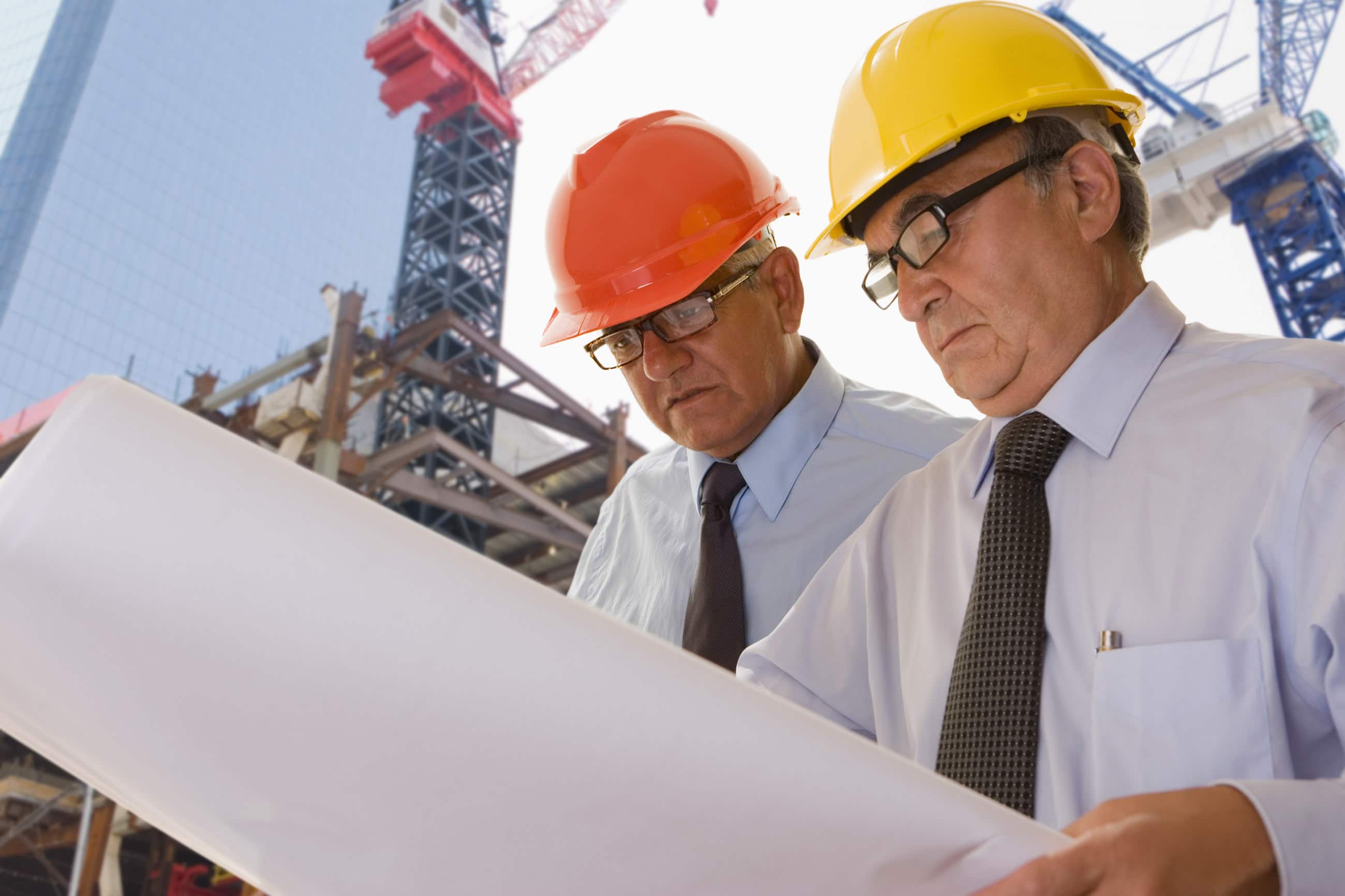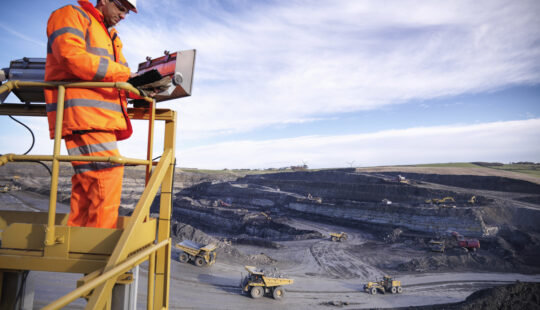As an Industry Business Architect, I’ve been fortunate to work with many companies in the Engineering, Construction, and Operations sphere and across the industry – from the application/development cycle to customer-facing capacities. This has given me a rounded exposure to people processes, finance and supply chain (risk and compliance), through to technology.
A holistic industry understanding reflects the changing norms of business as we face an international crisis that is reshaping organisations everywhere. COVID-19 is creating massive changes across industries and nation borders, which has made reliable information and guidance more important than ever.
To help businesses navigate this challenging time, SAP recently hosted a series of virtual forums called 2020 Adapting Strategies in a Changed World. The digital event featured industry-specific episodes to help organisations adjust, adapt, and thrive in this crisis.
I spoke at our EC&O episode, exploring the impact on workforces, risk and compliance in this era, and the role technology continues to play in adapting to global changes. This is a critical time to reach out and communicate – listening to staff, customers, and suppliers to create transparency. The more forthcoming businesses can be with one another, the easier it will be to weather this turmoil and safeguard against future shock events.
Internally, the workforce challenges businesses have always faced remain important, but staff retention and retraining can be key focuses during this period. Organisations need to make the best use of its human resources, not only ensuring staff safety, but re-skilling and redeploying employees to suit the changing environment.
Adaptation is handled through people; while technology can help companies change with the times, its people facilitate that transition and ensure business success. Technology’s role is to help staff work at their safest and most productive, therefore businesses need to continue supporting employees whether they’ve moved to working remotely or been adversely impacted by COVID-19.
Businesses need to exercise flexibility and agility during this time since news develops quickly and impacts are felt globally. Considering the scale and rate of change, organisations are thinking outside its own industry and core competencies to diversify capacities and futureproof the business.
We’re seeing increased collaboration and new alliances across industries and it’s encouraging to see competitive rivalries breaking down for the common goals of viability and helping one another. This is the time to offer assistance and accommodate new arrangements for projects, contracts, suppliers, partners, and staff.
Beyond profitability, all businesses face universal challenges as industries and workforce dynamics shift under these circumstances. Remote work is becoming the norm for back-end office staff and business need to support staff as they transition to more digitally based work processes. In construction specifically, this is not always possible. You will be reliant on actual people, skills, and machinery to come together to carry out a building task.
The way we work and communicate is changing, however the safety and wellbeing of people remains of paramount importance and we’re all facing similar risks in terms of compliance, legislation, and the impact of COVID-19.
Outside of the risks to internal and external human resources – our current situation has exposed many businesses to financial and supply chain risks. We’ve seen many organisations facing cashflow challenges during this lean period and, further down the line, supply chain issues due to every-changing legislations.
Borders nationally and globally have become less porous, limiting access to both materials and people. With restricted movement of supplies and workers, there have been consequent deficiencies and delays in projects throughout the industry. In Australia, we have been lucky that these physical effects have been less than that of the global environment.
We’ve seen various project stoppages throughout the industry while many other jobs are proceeding under limited capacities and more stringent regulations.
As overall supply chains adapt to the extraordinary circumstances we all face, suppliers that invested in digitalisation early are better equipped to handle these changes. The shifts in communication channels and platforms must be used for checking in with suppliers and staff alike. The critical point of all this technology is to humanise the connections we build across organisations and industries.
Before COVID-19 shook the world, I’ve maintained a fascination with the digital connection of systems, applications, processes, and people. Today, these critical technologies are helping businesses streamline processes and adapt to the changing circumstances. Within the EC&O industry, the multi-faceted applications for intelligent technologies is breaking down silos between business departments and supply chains.
By working from a single source of data and communication, technology does most of the heavy lifting while providing staff with more opportunity to work remotely, efficiently, and safely. Furthermore, digital assets are being used to minimise on-site interactions and help ensure the safety of on-site employees.
To learn more about how industry experts are mitigating risks and complying with modern slavery legislation, watch the on-demand replay of 2020 Adaptive Strategies in a Changed World Virtual Industry Forum.




